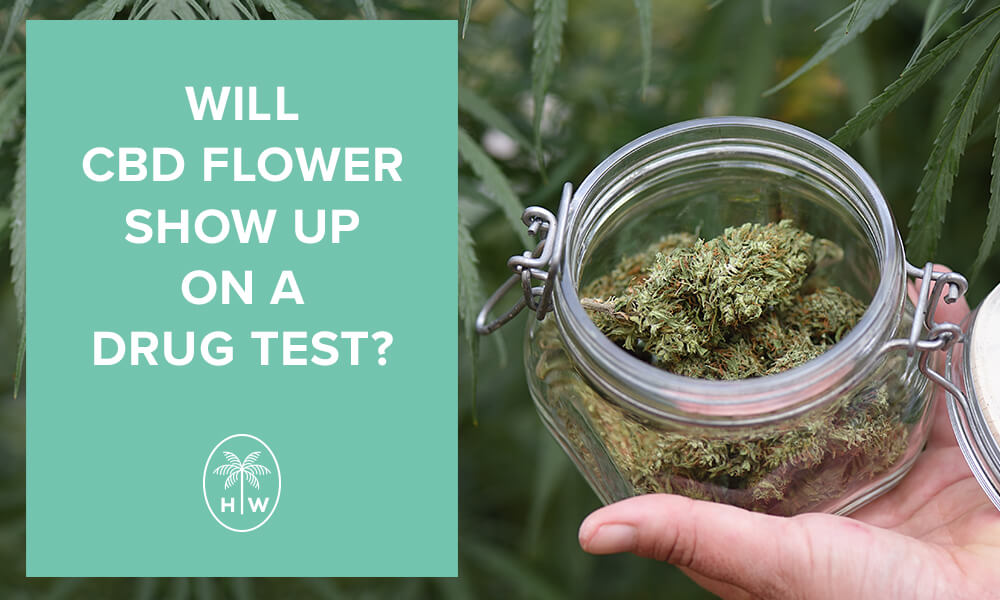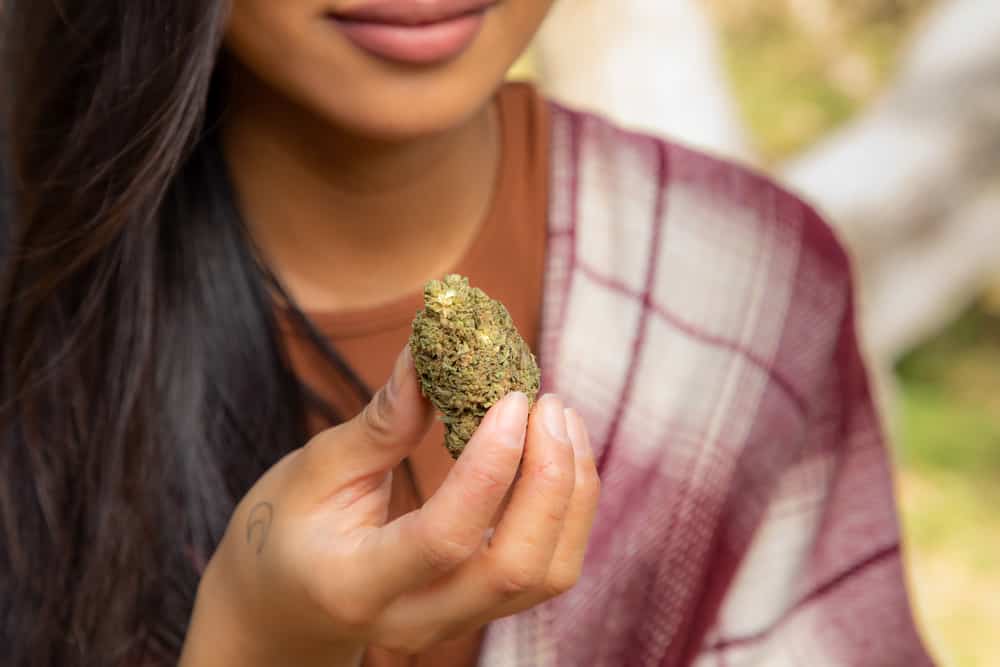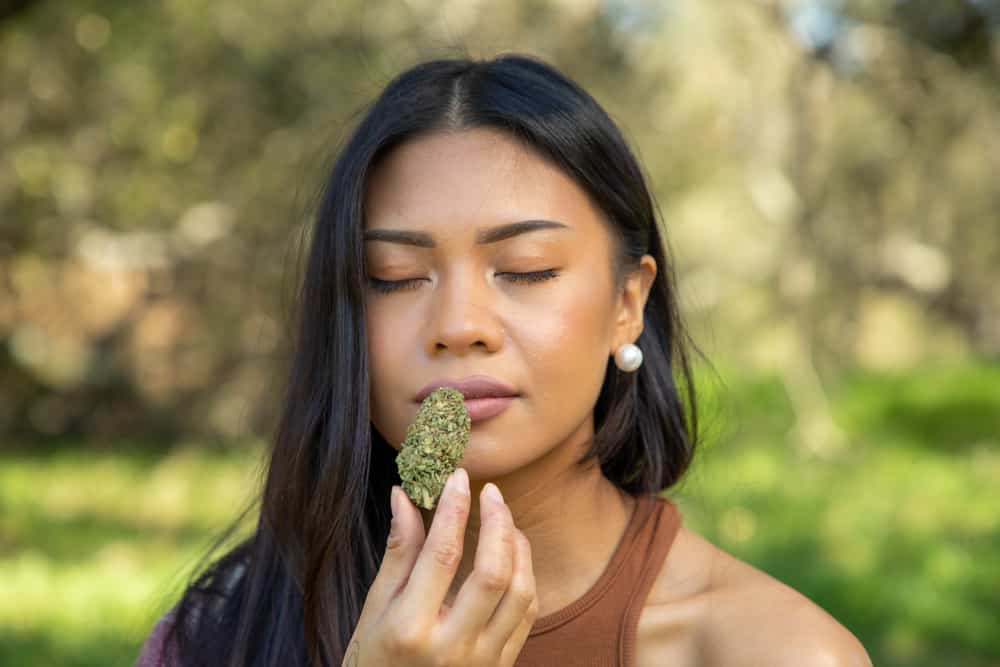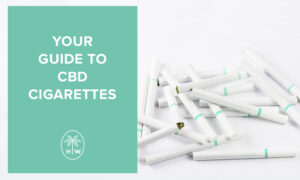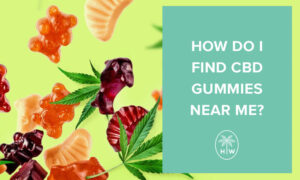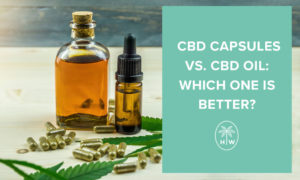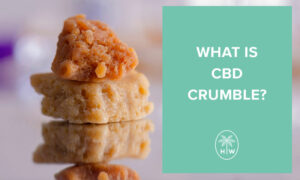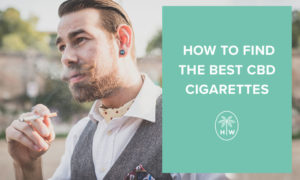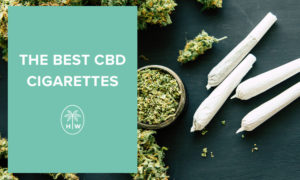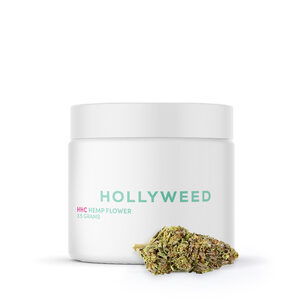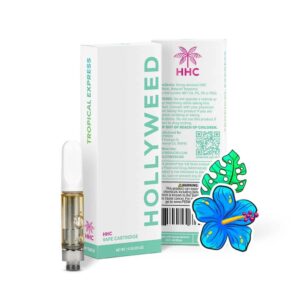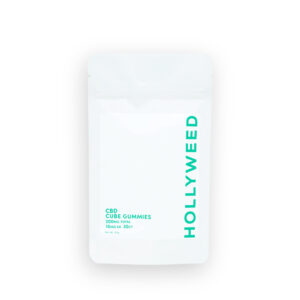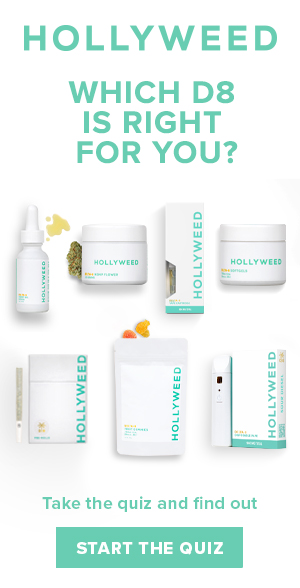While many are drawn to CBD flower’s soothing, mind-centering, and non-intoxicating benefits, drug tests can cause some to hesitate. Will hemp-derived CBD products cause someone to fail a drug test? This question’s answer requires a bit of explanation about cannabis, CBD, THC, and drug tests.
We want you to feel confident in your CBD flower and other hemp products. If you have to undergo drug testing, there’s no reason you can’t still enjoy CBD’s tranquil benefits. Let’s look at CBD flower and whether it will cause you to fail a drug test.
Table of Contents
What Is CBD Flower
CBD flower, sometimes referred to as hemp flower, is a non-intoxicating product derived from cannabis plants. There are two types of cannabis: hemp and marijuana. Hemp plants have high cannabidiol (CBD) levels and contain 0.3% or less Delta 9 tetrahydrocannabinol (D9 THC).
Although there are various types of tetrahydrocannabinol, we’ll refer to Delta 9 simply as “THC” for the remainder of this article.
Both CBD and THC are cannabinoids (compounds derived from cannabis). THC is an intoxicating cannabinoid that causes a feeling of elation commonly called a “high.” A typical drug test searches for a particular amount of THC in the body.
CBD is extracted from hemp because of the plant’s low THC levels and its rich cannabidiol content. Hemp has high levels of CBD in its flowers, also referred to as nugs or buds. This CBD flower can be vaporized, smoked, or turned into other CBD hemp products.
What Is in CBD Flower?
CBD flower is rich in cannabidiol, but that’s not all it contains. Also found in hemp flower are terpenes, flavonoids, and other cannabinoids like THC. Though, since hemp plants have low THC content, CBD flower should never contain enough THC to induce grogginess or a high.
A third significant terpene found in hemp flower is cannabigerol (CBG). CBG is another cannabinoid that is quickly rising in popularity. Still, these are just three of the 113 cannabinoids that have been discovered in cannabis plants.
When we ingest cannabinoids, they interact with CB1 and CB2 receptors. CB1 and CB2 are cannabinoid receptors, and they’re located throughout our bodies. These cannabinoid receptors interact with compounds like CBD and boost our endocannabinoid system (ECS).
The ECS is present in nearly all mammals, and it regulates vital bodily functions such as breathing, digestion, and heart rate. A well-functioning ECS is essential for our homeostasis and overall wellness.
How do Drug Tests Work?
Drug testing searches for traces of drugs in a person’s body. Many assume that this means a drug test looks for THC itself, but this is not the case. Instead, the test searches for metabolites, which are broken down versions of a substance after the body has metabolized it.
A drug test that is looking for tetrahydrocannabinol will look for its secondary metabolite: THC-COOH. This name is short for the metabolite’s long-winded official name, which is 11-nor-9-carboxy-Δ⁹-tetrahydrocannabinol (try saying that five times fast).
THC-COOH is formed when THC’s primary metabolite, hydroxy-THC, is oxidized by our liver enzymes. COOH stays in our body much longer than THC, which is why a drug test will search for it. Certain tests may scan for hydroxy-THC if they are trying to determine whether marijuana was recently used (such as a DUI checkpoint).
Where do these tests look for metabolites? The most common types of drug tests are:
- Urine
- Blood
- Oral fluids
- Hair
On a separate note, keep in mind that the terms “screening” and “testing” are often used interchangeably. There is no official difference between them. Some companies may use drug screening to refer to a fast, “quick glance” test, but this is not universal.
What Do Drug Tests Search For?
Though CBD and THC are both cannabinoids, they do not look the same to a drug test. Since CBD does not cause any intoxicating effects, it should not cause you to fail a drug test. Such tests search for the metabolites of substances such as opiates, amphetamines, and THC.
Each method of drug screening has its own THC threshold that can trigger a failed test. This is because different amounts of THC reach our urine, blood, saliva, and hair follicles.
Urine
Studies show that urine tests will turn up positive if there are at least 50 nanograms of THC per milliliter of urine. Generally, THC can be detected with a urine test about 3-15 days after ingestion. Heavy THC usage can stay in the urine for over 30 days.
Blood
Blood tests are less common than urine tests because THC does not stay in the bloodstream for very long. THC can be detected in blood plasma up to five hours after ingestion. However, THC metabolites (these help the body metabolize tetrahydrocannabinol) can remain in blood plasma for seven days.
Whether the THC level in your blood is enough to fail the drug test depends on your state. Some states do not allow for any amount of THC whatsoever. Others consider as little as 1-5 nanograms of THC per milliliter of blood to be a failed drug test.
Oral Fluids
For oral fluid tests (most commonly saliva), four nanograms of tetrahydrocannabinol per milliliter is typically the cut-off point. THC can linger in an individual’s oral fluid for roughly 72 hours after ingestion. It may stay even longer in saliva after heavy use.
Hair
THC metabolites can be detected in hair for up to 90 days. If the test finds that you have one picogram or more of THC per milligram of hair, it is considered a failed drug test.
Will CBD Flower Show up on a Drug Test?
CBD hemp must contain 0.3% THC or less to be federally legal. Trace amounts of THC do not induce a high nor trigger a failed drug test. However, the more you use CBD with low THC levels, there will be an increasing amount of tetrahydrocannabinol in your system, which may exceed a test’s threshold.
Every individual has a different metabolism. Since drug screenings search for metabolites, which are products of our metabolism, the test results can vary from person to person. The amount of time that has passed since last smoking CBD buds also influences testing.
Will CBD Show Up on a Test?
Pure CBD products do not appear on a drug test because these tests do not look for cannabidiol or its metabolites. While hemp flower contains trace amounts of THC, other forms of CBD (like broad spectrum or isolate products) contain no tetrahydrocannabinol.
While high-quality cannabidiol does not show up on a drug test, inferior hemp could have higher levels of THC than are federally legal (0.3% THC or less). In accordance with the 2018 Farm Bill, properly grown hemp is regulated by the Food and Drug Administration (FDA).
Search for products made with FDA-approved hemp to ensure that your CBD doesn’t affect your screening. Some CBD products may also have a certificate of analysis (COA). A COA is given to a manufacturer by an unbiased, third-party lab if its products contain what the label says they do.
How Long Does THC Stay in Your System?
There is no universal answer for how long THC stays in your system because it can linger in different parts of your body for varying amounts of time. For example, if you’re giving a blood-based screening two months after smoking THC, you will probably pass it. A drug test that collects hair samples two months after smoking, however, would likely be failed.
Urine tests can detect THC-COOH up to 30 days after it enters the body. COOH can trigger a failed blood drug test up to 25 days after smoking. It is detectable by oral fluids up to 29 days after use and 90 days if the screening examines hair follicles.
Related Articles: How long does CBD stay in your system?
What Type of CBD Products Are Best to Avoid THC?
While high-CBD hemp flower should not trigger a negative screening result, there is a slight chance the test could come back failed due to THC’s presence. There are two types of CBD products that are ideal for drug tests. We recommend broad spectrum CBD or isolate powder if you’ve got a drug test.
Broad spectrum CBD contains all of the terpenes, flavonoids, and cannabinoids found in the hemp flower, with one notable exception: it does not have THC. Full spectrum CBD products contain 0.3% THC or less, and while they should not cause failed drug test results, there is a small risk they might.
For the most peace of mind, consider isolate CBD. This colorless, odorless, and flavorless fine white powder is over 99% pure CBD. It can be swallowed plain or mixed into food and drink.
Final Thoughts: Will CBD Flower Show up on a Drug Test
Hemp flower has various beneficial cannabinoids that amplify its calming effects, but it also carries a slight chance of a failed drug test. Some people inform their screeners that they recently ingested CBD. Testers are typically familiar with the ins and outs of cannabis and will appreciate the heads up.
You can now go forth and comfortably take your drug test, knowing exactly which CBD products have the greatest chance of positive results. Both drug tests and CBD are beneficial, and there’s no reason they can’t coexist! For any other questions or concerns you may have, Cheef Botanicals is here to help you find that perfect CBD product.
